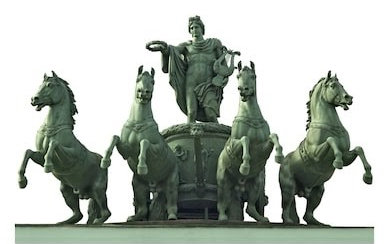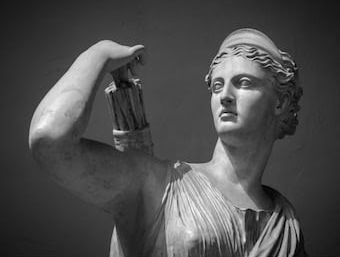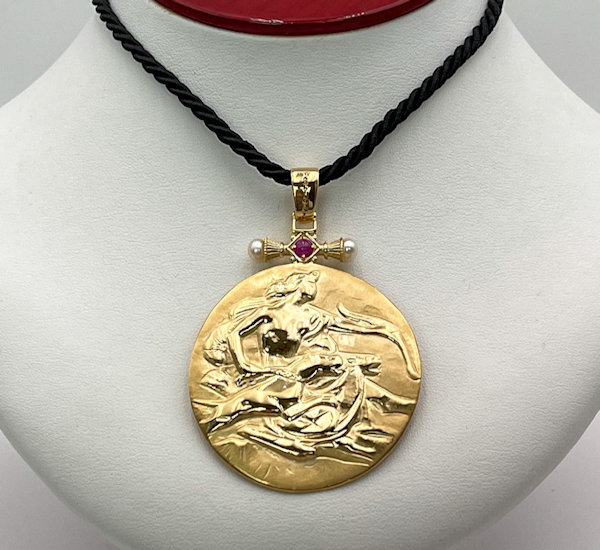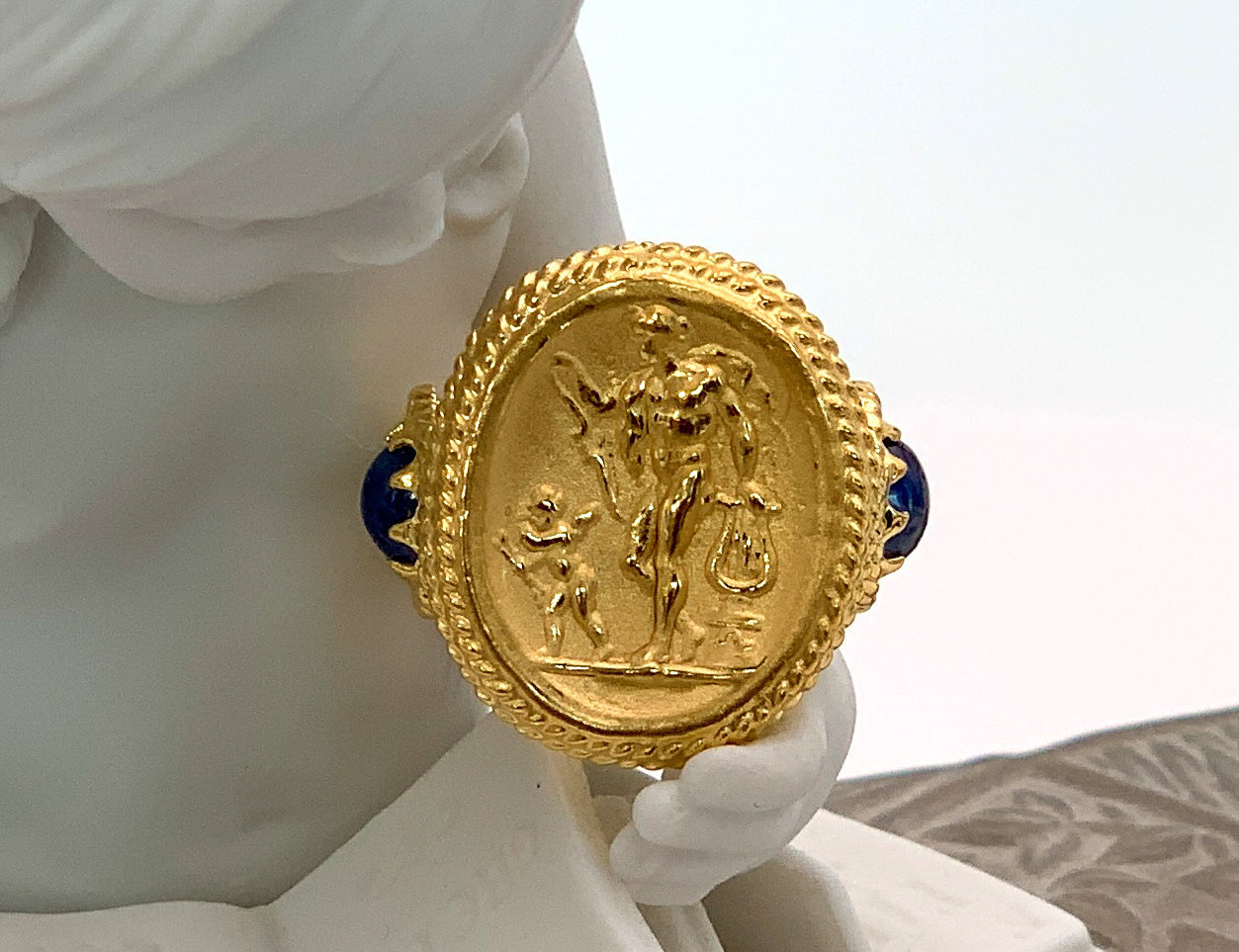Diana and Phoebus Apollo and the True Meaning of Loyalty
Have you ever noticed the interesting parallels between Wonder Woman and the gods and goddesses of Mount Olympus? Many of the epic comic book characters that are beloved in today’s culture often have such ties. Wonder Woman has grown to epic proportions through film and television, but her roots are often connected to ancient lore. For instance, did you know that her name, Diana, is the same as that of a well-known Roman goddess? Or that her lasso of truth is representative of the power that Phoebus Apollo could wield as the god of truth?
Diana
Diana, typically known as Artemis in Greek Tradition, is the goddess of the hunt and the moon. She was fiercely protective of all wild creatures, especially deer. Like the phases of the moon, she was transformative, often appearing in different forms. When in the sky, she was known as Selene. In times of darkness or when visiting the realm of Hades, she was called Hecate. She had the ability to transform herself into animals, but often saved this power to teach mortals a lesson by turning them into various creatures.
Every woman can exude the power of Diana and Tagliamonte has created the perfect statement-making accessory that illustrates her strength. Handcrafted in 18K yellow gold, this circular pendant features a stunning depiction of the Roman goddess of the hunt holding a bow and sprinting with a pair of hounds. Wear this and Be Bold! Be Beautiful!
Apollo
Her twin brother, Phoebus Apollo, is known most famously as the god of the sun, but he also is representative of music, poetry, archery, and healing. He was called Phoebus, meaning “ray of sun,” and he is often linked to the Titan, Helios. A musician of the gods, Apollo would often carry around his lyre, playing merry tunes around Olympus.
The Tagliamonte ring below illustrates the friendship that Apollo has with Cupid. It is crafted in 18K yellow gold and has Apollo carrying his musical lyre while off having fun with Cupid!
Like most of the gods, Apollo had a great ego. He was once challenged by Faunus (Pan), the Greek god of shepherds and nature. Faunus happened to be an equally famous musician, having invented the pan flute. His pride at stake, Apollo agreed to Faunus’s musical challenge. The time and place were set in front of the mountain, Tmolis, who would also be their judge. Both Faunus and Apollo arrived with their admirers. Faunus even brought a mortal named Midas. Faunus stepped up first, playing his flute. The sounds that emanated from the instrument were so enticing that they drew the attention of all. Midas was so enamored of his friend Faunus that he wanted him proclaimed the victor instantly! However, as Phoebus Apollo took his turn and began to play his golden lyre, his music mesmerized the audience, proving once again that he was the greatest musician indeed! Despite this, Midas did not want to concede. Adamant that Faunus was the winner, he incurred the wrath of Apollo who, with the mere touch of his hand, turned Midas’s ears into those of an ass. For him, it seemed like a fitting end for one who had behaved in such a way.
Apollo is most notably depicted with his chariot of fire to awaken the sun during the day, while his sister ushers in the moon and its phases in the evenings.

The twins are the children of Latona (Leto in Greek - who was a Titan and goddess of motherhood) and Jupiter (Zeus in Greek - the king of the gods). As only one of Jupiter’s seven wives, Latona was no stranger to jealousy. Juno (Hera), was the most jealous of all and often inclined to take revenge on Jupiter’s lovers and their children. Upon hearing that Latona was expecting, Juno hunted her down, determined to exact her revenge. Latona sought shelter on the island of Delos, where she bore her daughter Diana. Helping her mother, Diana then helped to deliver her brother, Phoebus Apollo. For this aid, Diana became known as the goddess of childbirth.
A fierce goddess, Diana represents strength and the bond between women. She was so fierce in fact, that she was one of the few Olympians who could demand a favor of Zeus. Knowing her own mind, Diana told Zeus that she would never sacrifice her purity to another god or mortal man.
While there are few surviving myths that include the presence of both Diana and Apollo, there is one involving Orion, the hunter and son of Neptune (Poseidon). Orion was a companion to Diana, hunting alongside the goddess. Truth be told, she had fallen in love with him. In one version of the story, Apollo frowned upon Orion’s relationship with his sister. Feeling the need to protect his sister and his own jealousy over her lack of attention to him, Apollo sent a giant scorpion to kill Orion. Upon his death, Diana pleaded with Jupiter to honor Orion by placing him in the heavens as a constellation. Her wish was granted.
Is there a lesson to be garnered from the relationship between these siblings? Both in turn exhibited a fierce loyalty and protectiveness over those they loved. Not only did Phoebus Apollo protect his sister from men whom he thought would take advantage of her, but both Diana and Apollo cherished their mother to such a degree that they killed a woman for mocking her. While this is taking loyalty to the extreme, you get the point: always have the backs of those you love!
- Created on .
- Hits: 2361



